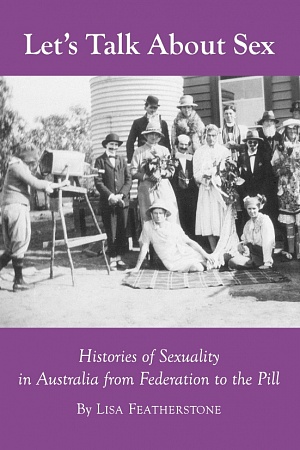Made in Queensland: A new history
University of Queensland Press, $45 pb, 400 pp
How many histories does Queensland need?
In 1858, a year before Queensland separated from the colony of New South Wales, Theophilus Pugh wrote in the first history of Queensland: ‘Difficult indeed will be the task of the historian who hereafter attempts to chronicle the events connected with the early days of this now important settlement.’ Authors of the subsequent nineteen histories of Queensland, including Ross Fitzgerald, Lyndon Megarrity and David Symons, would have been well advised to heed Pugh’s prescient warning.
Twenty attempts to tell Queensland’s history, over the past 150 years, range from eight pages of Francis Cumbrae-Stewart’s The History of Queensland (1930), to 2790 pages of Matthew Fox’s The History of Queensland (1919, 1921 and 1923). Some histories took a triumphalist approach, such as Frederick Morrison’s The Aldine History of Queensland (1888), Henry Stuart Russell’s The Genesis of Queensland (1888) and Raphael Cilento and Clem Lack’s Triumph in the Tropics (1959). Others, such as Ross Fitzgerald’s A History of Queensland (1982 and 1984), took what some critics regard as a ‘black armband’ approach. William Coote’s History of the Colony of Queensland (1882) and John Knight’s In the Early Days (1895) followed a chronological approach; others, including Ross Johnston’s The Call of the Land (1982), adopted a thematic approach. Raymond Evans’s A History of Queensland (2007) is analytical, while William Traill’s Historical Sketch of Queensland (1886) and Hector Holthouse’s Illustrated History of Queensland (1978) adopt a narrative style for a general audience.
Continue reading for only $10 per month. Subscribe and gain full access to Australian Book Review. Already a subscriber? Sign in. If you need assistance, feel free to contact us.














Leave a comment
If you are an ABR subscriber, you will need to sign in to post a comment.
If you have forgotten your sign in details, or if you receive an error message when trying to submit your comment, please email your comment (and the name of the article to which it relates) to ABR Comments. We will review your comment and, subject to approval, we will post it under your name.
Please note that all comments must be approved by ABR and comply with our Terms & Conditions.